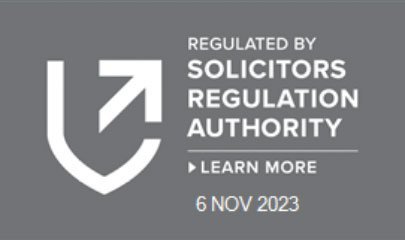What Happens in Court Proceedings?
Court proceedings to settle divorce finances can be likened to a play of three acts.
Act One: Your first appointment at Court and exchange of financial information to ensure you both have a full and accurate picture of your marital finances.
Act Two: Financial Dispute Resolution hearing where you will exchange offers and gain guidance from the Judge about what the Court would consider to be a fair agreement. You are encouraged to reach your own agreement on this day before the decision is removed from your hands in the final act.
Act Three: Final hearing and Judges final decision.
It sounds relatively straight forward, but your schedule will be set by the Court and with the current strain on Family Courts, it is not uncommon to wait months between each hearing or act.
If you wish to move forward more quickly, it is possible to step outside the Court system and hold a Private Financial Dispute Resolution Hearing (PFDR).
What is a Private Financial Dispute Resolution Hearing?
A PFDR is essentially a private court hearing where you select an expert Barrister or Solicitor to sit in as the Judge and give you guidance on how to settle your finances. You can choose your Barrister or Solicitor with expertise in the specific areas that are causing friction.
As with a Court hearing, you can speak on your own behalf, but it is normal for a Family Solicitor or Barrister to present the arguments for you. Unlike a financial dispute resolution court hearing, a PFDR is tailored entirely to your needs, so you choose the venue and set the timetable.
Once your Judge has reviewed all points, they will advise you on the most likely outcome if the decision was made by a Family Court Judge. You can choose to accept this outcome and draft it into an agreement to be submitted to the Court for approval or use it as the basis of final negotiations.
Is a Private Financial Dispute Resolution Hearing Legally Binding?
A private financial dispute resolution hearing is not legally binding, but agreements reached within a PFDR can be drafted into a contract called a Heads of Agreement and in turn into a Consent Order. If a Consent Order is sent to the Court and approved by a Judge then it will be legally binding.
What are the Advantages of a Private Financial Dispute Resolution Hearing?
If you are unable to agree your separation finances between you, you might consider a PFDR as an alternative to Court because:
- You can choose a Barrister or solicitor as a Judge with expertise relevant to your case.
- You can take your time as you will have the full attention of the Judge for the whole day.
- You can set the date for the PFDR rather than having a date chosen for you.
- You can choose whether your PFDR will be held in person at a barrister’s or solicitor’s office, or take place virtually.
- The process is flexible, you can choose to accept the Judge’s advice and make it legally binding, use it as the basis for final negotiations or return to Court.
- If you decide to accept the agreement you can skip the last act in Court.
- You can hold a PFDR alongside the Court process or as a separate exercise to assess how the court might handle your case.
What are the Disadvantages?
As with all things, what is thought to be an advantage by one person may be considered a disadvantage to another. Generally speaking, due to the flexibility associated with a private FDR there are few drawbacks. There will be some added costs compared to a Court FDR, including the Judge’s fee, but if you reach agreement this may be negated by reducing the number of hearings in Court.
Legal Advice
We have highlighted Private Financial Dispute Resolution Hearings as an effective alternative to Court, but there are other Alternative Dispute Resolution (ADR) options available. If you wish to explore whether a private financial dispute resolution hearing or another method of ADR may be helpful in your case, please get in touch with us at Allard Bailey Family Law.
To book a consultation or telephone appointment with one of our team, please call 020 7993 2936 or complete the Contact Form.
































































